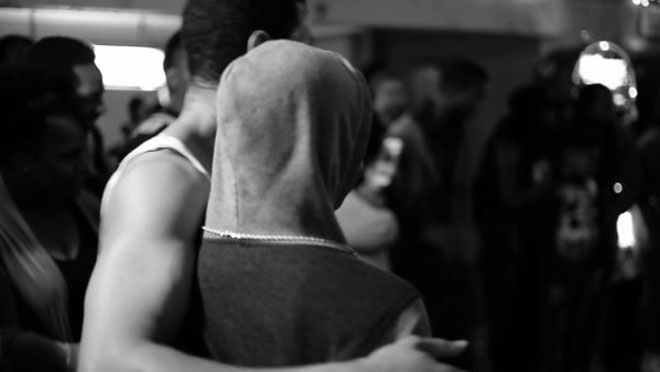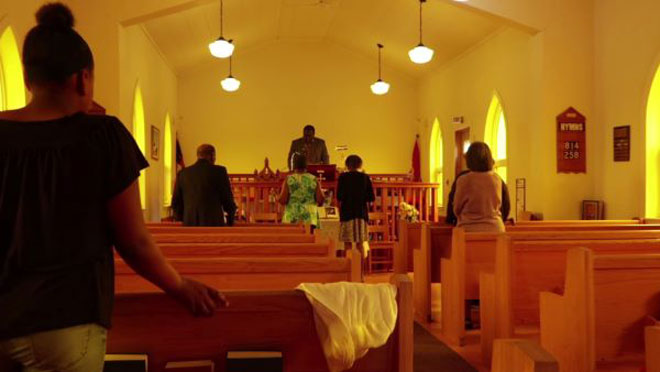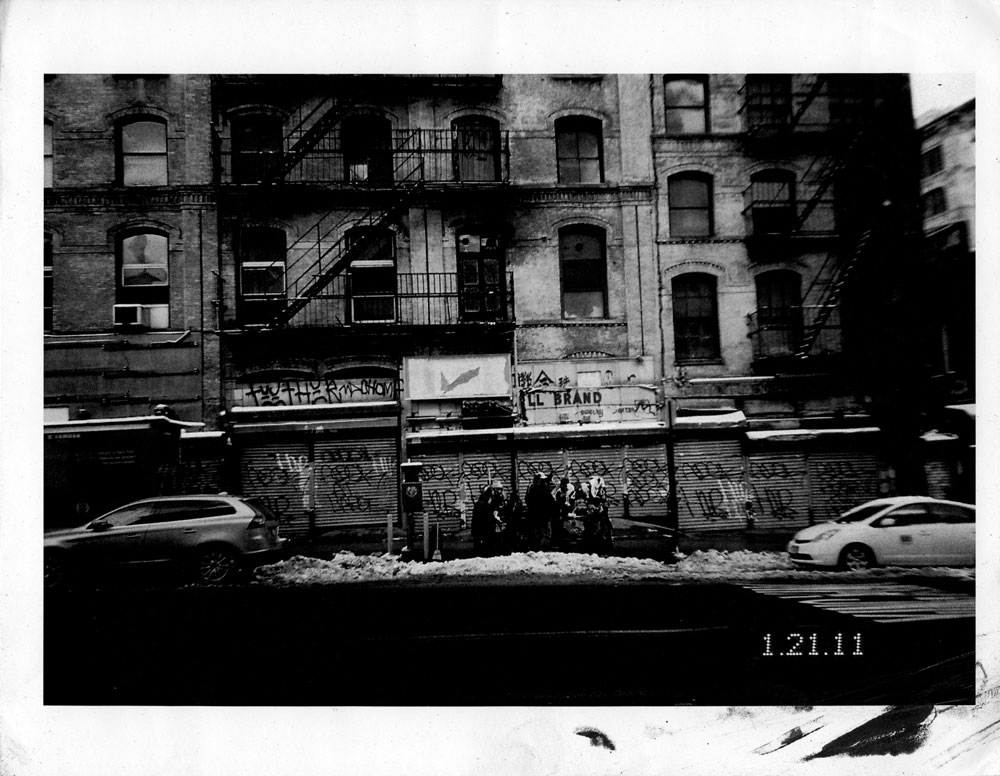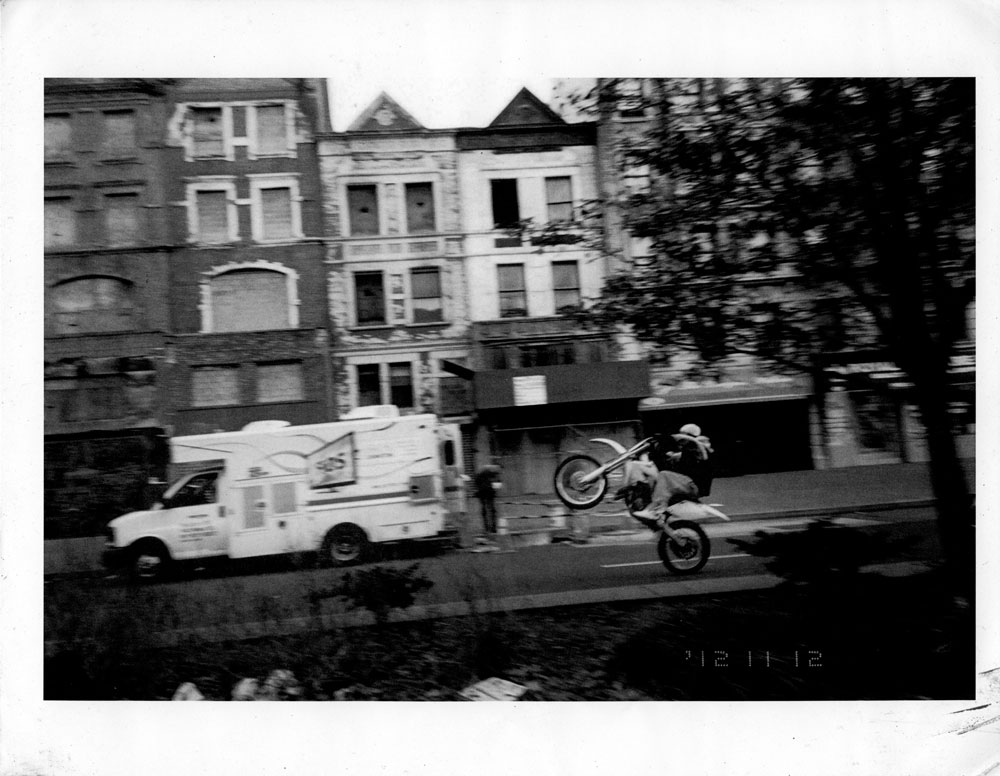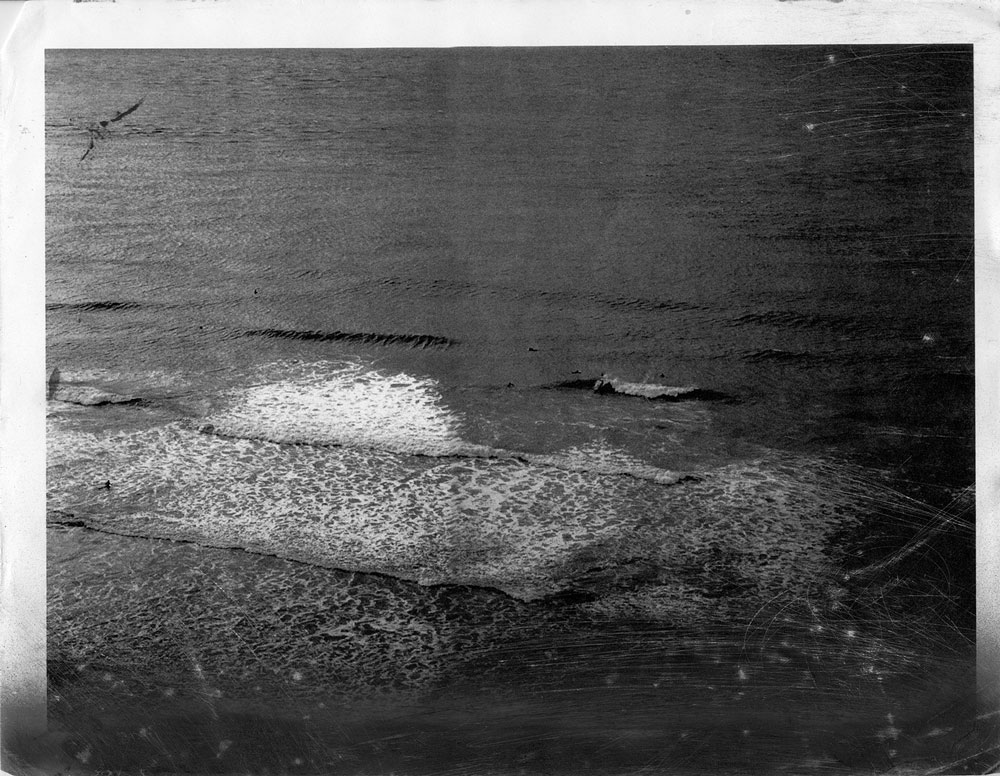ART-PRESENTATION: Ari Marcopoulos
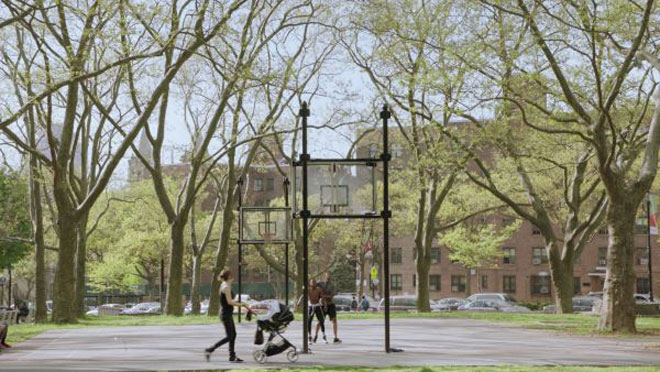 Ari Marcopoulos is a photographer and filmmaker who gravitates toward elusive subcultures, Ari Marcopoulos photographs objects and cultures that pique his interest. Creating images with anthropological and ethnographic undertones, Marcopoulos has said that most of his photographs arise “through accidents or circumstances that just happen to present themselves.” Rather than romanticize his subjects, he depicts them in a straightforward manner that reveals their beauty and anxieties.
Ari Marcopoulos is a photographer and filmmaker who gravitates toward elusive subcultures, Ari Marcopoulos photographs objects and cultures that pique his interest. Creating images with anthropological and ethnographic undertones, Marcopoulos has said that most of his photographs arise “through accidents or circumstances that just happen to present themselves.” Rather than romanticize his subjects, he depicts them in a straightforward manner that reveals their beauty and anxieties.
By Efi MIchalarou
Photo: Fergus McCaffrey Archive
Born in Amsterdam in 1957, Ari Marcopoulos first came to New York in 1979, where he became one of the key artistic documentarians of American culture for the next three decades. At 22-years-old, his first job was printing black and white images for Andy Warhol. Two years later, he became Irving Penn’s assistant. His work is dually informed by Warhol’s indiscriminate approach to subject matter and Penn’s emphasis on technical skill and formal elegance. Ari Marcopoulos work doesn’t follow mainstream enthusiasms. Rather, his photographs have slipped into the subversive, hard to reach pockets of American life, from the hiphop and downtown art scenes of New York in the 1980s to the nomadic snowboard circuit of the 1990s and even the closer to hand studies that Marcopoulos has made of his own family in Northern California throughout the ’00s. Ari Marcopoulos is an inimitable artist who has as much charm and personality as he does the rare ability to see a jarring photograph in places the rest of us might overlook. His solo exhibition “3 Films. 3 Photographs.” at Fergus McCaffrey Gallery in Tokyo presents another side of his practice with three recent films created in the past two years. The exhibition opens with “The Park” (2017–18), a 58-minute film of a public, unfenced basketball court adjacent to the Walt Whitman housing projects in Brooklyn. The first 51 minutes are shot from one side of the court, and the final seven from the other. “The Park” reveals the basketball court as a fundamental space of public social life, providing an anthropological cross-section of social codes. In this way, Marcopoulos’s film transforms the court into a contemporary pastoral, a dream-like landscape scene picturing a languid, bucolic afternoon spent in community and kinship. Originally presented as a silent film, for McCaffrey’s exhibition the film is accompanied by a live-recorded improvised soundtrack by the musician Jason Moran. In 2017, Moran saw a version of the film and was compelled to respond with a piano score to accompany its otherwise silent study of mundane urbanity. Over the course of the film, the viewer is pulled into a fully absorptive situation of the informal basketball game. Moran’s performance spontaneously translates the visual rhythms of the film’s unscripted choreography, giving auditory form to the basketball court activity as read through Marcopoulos’s lens. “Monogram Hunters” (2018) finds Marcopoulos in a unique encounter with music and convergence, during travels in New Orleans. Invited to a gathering at a 7th Ward bar, the artist captured a rehearsal by a traditional Mardi Gras Indian “tribe”. Marcopoulos films the members training a new generation the rules of the dance. There are specific codes and gestures which prepare each participant to do battle with rival tribes come Mardi Gras. The chants date back generations, and the drum rhythm coheres this tight-knit group of men to the wider collective of the neighborhood bar. In “Upper Big Tracadie” (2018), filmed during a late summer trip in Nova Scotia, Marcopoulos visited a small town founded in 1783 by freed American slaves during the revolutionary war. The church, established in 1822, is a central part of a shrinking society and the site of gathering for its largely African Canadian congregation. Marcopoulos’s perspective, as voyeur and participant, allows the viewer an intimate experience of devotion as it is performed on a Sunday in this small municipality.
Info: Fergus McCaffrey Gallery, 3-5-9 Kita-Aoyama, Minato-ku, Tokyo, Duration 12/1-9/3/19, Days & Hours: Tue-Sat 11:00-19:00, http://fergusmccaffrey.com
